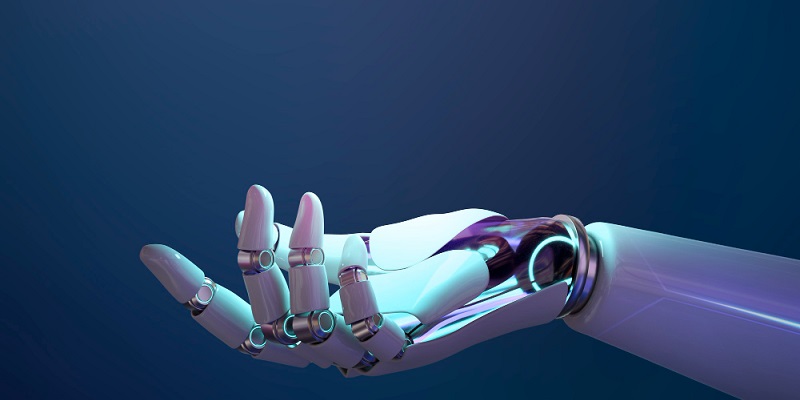The job market is in a state of flux, with talent managers scrambling to find the right candidates amidst a difficult climate of hiring freezes and layoffs. As technology evolves, the role of AI in HR management is increasingly vital. In this article, we explore the positive impact of AI on hiring and talent management, examine the challenges facing HR professionals, and discuss the potential of automated tools to address these challenges.
Positive Impact of AI on the HR Function
According to a recent survey by The Conference Board, 65% of CHROs believe that AI will have a positive impact on the HR function within the next two years. This sentiment is largely shared by HR professionals who see the potential of AI in streamlining recruiting processes, improving candidate matching, and enhancing employee engagement.
One of the most significant benefits of AI is its ability to automate repetitive tasks, freeing up HR professionals to focus on strategic initiatives. AI-powered chatbots and virtual assistants can handle administrative tasks such as scheduling interviews and answering candidate inquiries, thus improving response rates and increasing speed.
Hiring Expectations in a Difficult Talent Market
Despite the challenges facing the job market, over half of HR professionals still expect hiring to increase within the next six months. However, many organizations are cautious about hiring due to uncertain economic conditions, resulting in a freeze on hiring outside critical positions.
Furthermore, 22% of professionals are delaying employee development opportunities, and 15% of organizations are laying off employees to cut costs. These challenges have made it difficult for HR professionals to find the right candidates amid intense competition.
Increased Scrutiny of AI at Work
The use of AI at work is drawing increased scrutiny from federal agencies and the White House. There is growing concern about the potential for AI to perpetuate bias and discrimination in hiring practices. Additionally, there is concern about the impact of AI on job displacement and automation.
As a result, the federal government is examining the potential regulation of AI in the workplace. While this may slow down the adoption of AI in HR, organizations are still optimistic about the technology’s potential to increase productivity and improve candidate matching.
Fraught Time for Talent Managers
The current job market is a tumultuous time for talent managers, with layoffs on the rise and increasing competition for top talent. The latest report from the U.S. Bureau of Labor Statistics signals an “unambiguous” market cooldown, indicating a potential slowdown in hiring.
This dynamic makes it difficult for HR professionals to attract top talent, particularly in industries with high demand and low supply of specialized skills. The prospect of automation presents a solution to manage these issues, allowing organizations to streamline processes and increase productivity.
The cooling down of the job market is presenting challenges for HR professionals. More organizations are being cautious with their hiring, resulting in increased competition for open positions. The talent market has become increasingly difficult to navigate, with recruiters being inundated with resumes but struggling to find the right candidate for the job.
Automated tools can help address some of these challenges, enabling HR professionals to improve candidate matching and streamline recruiting processes. With AI-powered platforms, recruiters can access a deeper pool of candidates, analyze resumes, and match candidates with the right skills to job requirements.
The difficulty of finding workers with the right skills is a growing concern for HR professionals. While many organizations may be cautious with their hiring practices, they still report difficulties in finding workers with the right skills for their job openings.
AI can help bridge this gap by leveraging predictive analytics to identify skills gaps and development opportunities. By analyzing employee data, AI can help organizations build a comprehensive talent development strategy to improve the skills of their workforce.
Automated Tools Increase Productivity
One of the most significant benefits of AI is its ability to increase productivity and streamline processes. ChatGPT, in particular, has shown promise in assisting recruiters with tedious tasks. By automating the recruitment process, ChatGPT can free up time for HR professionals to focus on strategic HR initiatives.
ChatGPT uses natural language processing to understand candidate inquiries, automatically schedules interviews, and answers routine questions. The platform can also mine resumes for relevant keywords and match candidates to jobs based on their skills and experience.
In today’s job market, HR professionals face a host of challenges, such as the difficult talent market and increased scrutiny of AI in the workplace. However, AI presents significant potential for improving HR management, particularly in recruitment and talent development. By streamlining processes and increasing productivity, organizations can increase their chances of finding the right candidate for the job. With the appropriate automated tools, HR professionals can focus on strategic initiatives and build a more robust and engaged workforce.

